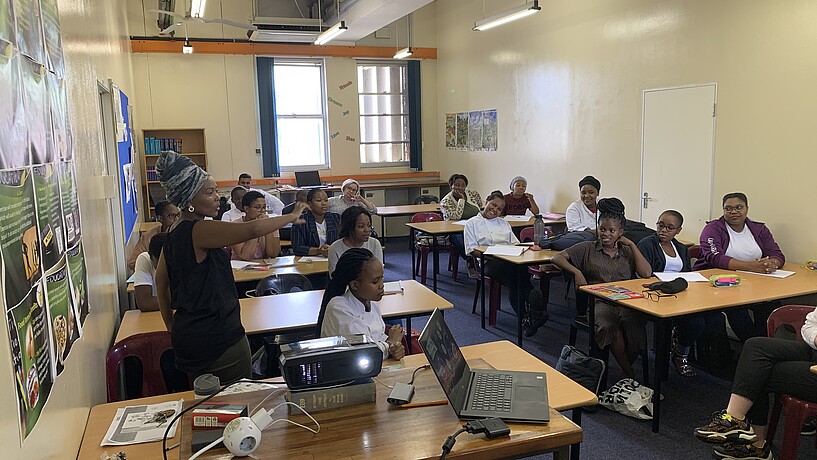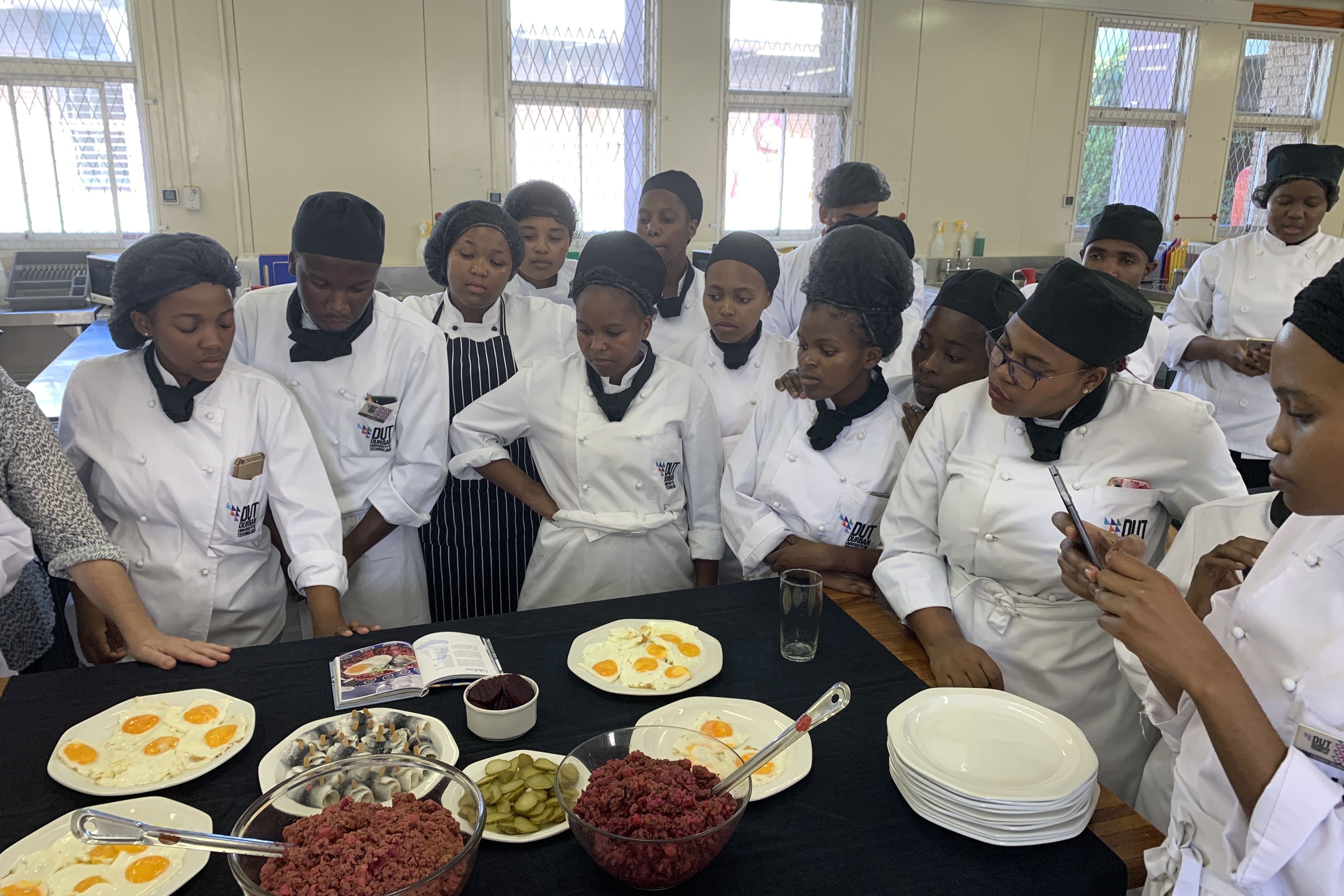Competence-oriented international teaching and learning
Last year we reported on the upcoming four-week COIL project, which was carried out in the Faculty of Life Sciences (LS) in winter semester 2020/21 in cooperation with the Durban University of Technology (DUT), a HAW Hamburg partner university. 'COIL stands for collaborative online international learning. It isn't a kind of software or a platform, but rather a concept which has instructors from partner institutions jointly teach a team of students online,' explains Prof. Dr. Sebastian Thiem.
COIL enables students and instructors to signficantly broaden their own experiential horizons, to learn about different perspectives on diverse topics and to think in an interdisciplinary way. Additionally, COIL makes it possible for students to obtain international experience with relatively little effort. In doing so, it draws perfectly on the idea of competence-oriented teaching, which is highly valued at HAW Hamburg: 'The main focus of the project is not the learning of content but rather the students' intercultural and digital development: how do we communicate digitally across cultural and spatial borders?' asks Thiem.


